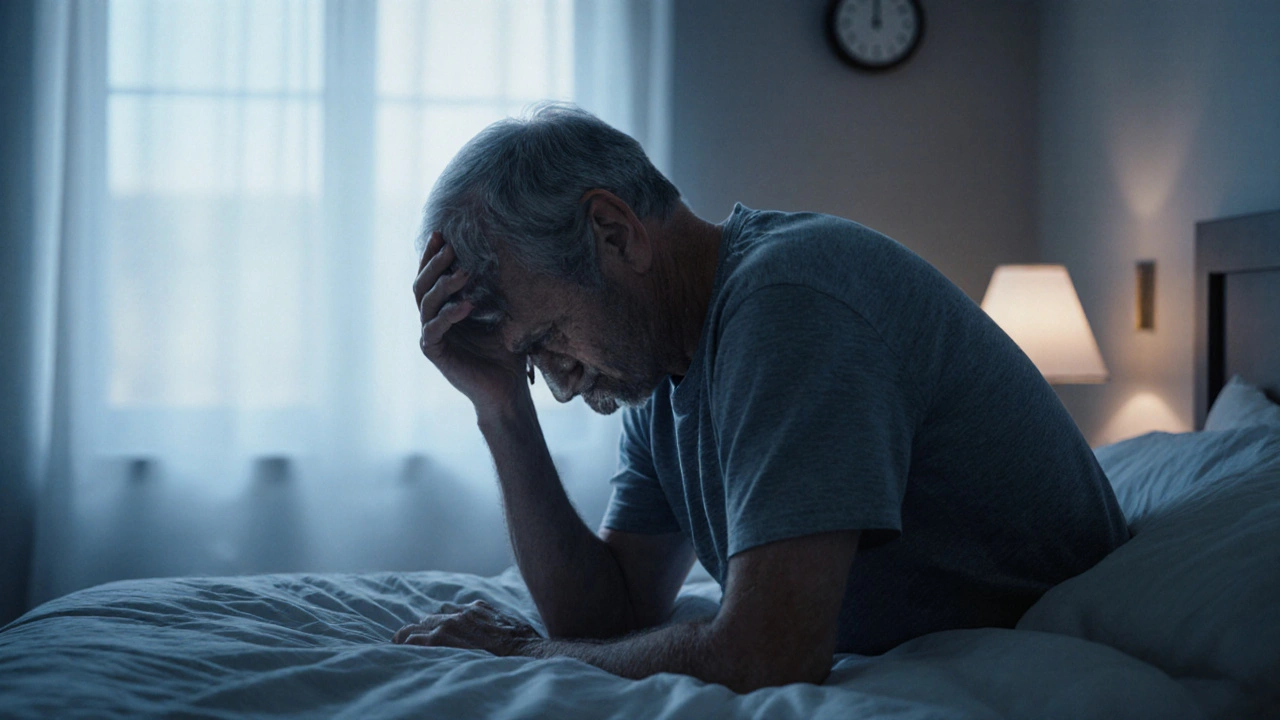Chronic Fatigue: Causes, Management, and What Really Helps
When you feel exhausted all the time—no matter how much you sleep—it’s not just being tired. It’s chronic fatigue, a persistent state of physical and mental exhaustion that doesn’t improve with rest. Also known as chronic fatigue syndrome, it’s not laziness, burnout, or stress alone. It’s a real condition that affects millions, often dismissed by doctors and misunderstood by friends. Unlike normal tiredness that fades after a good night’s sleep, chronic fatigue sticks around for months, sometimes years, and can make even simple tasks like showering or grocery shopping feel impossible.
This isn’t just about low energy. It often comes with brain fog, sore muscles, unrefreshing sleep, and worsened symptoms after even small amounts of activity. People with chronic fatigue may also deal with dizziness, headaches, or trouble focusing. It overlaps with other conditions like fibromyalgia, long COVID, and autoimmune disorders. That’s why it’s so hard to diagnose—there’s no single blood test. Doctors look at symptoms over time, rule out other causes like thyroid issues or anemia, and check for patterns. What you might not know: many people with chronic fatigue have normal lab results, which is why it’s often called an invisible illness.
Managing chronic fatigue isn’t about quick fixes. It’s about pacing, understanding triggers, and making small, sustainable changes. Some find relief with graded exercise, others with sleep hygiene or cognitive behavioral therapy. Nutrition plays a role too—low iron, vitamin D, or B12 can make symptoms worse. And while there’s no magic pill, some medications help with specific symptoms like pain or sleep disruption. The key is personalization. What works for one person might do nothing for another. That’s why the collection below dives into real-world strategies, medication insights, and lifestyle adjustments that actually help people get through their days.
Below, you’ll find practical guides on how to spot hidden causes of persistent tiredness, what treatments are backed by evidence, and how to talk to your doctor about symptoms that don’t show up on tests. These aren’t generic tips—you’ll see real examples from people who’ve lived with this for years, and the solutions that made a difference.

How Secondary Hypogonadism Fuels Chronic Fatigue - What You Need to Know
Finnegan O'Sullivan Oct 3 12Explore how secondary hypogonadism, a pituitary‑driven testosterone drop, can trigger chronic fatigue and learn diagnostic clues, treatment options, and lifestyle tips.
More Detail